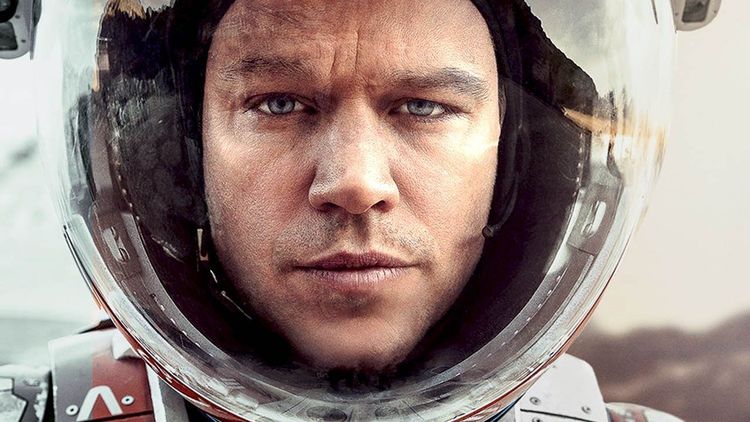
Even the greatest filmmakers will eventually fall on their face, producing something that flops with critics or audiences or both. Still, the legends will find a way to recover from a failure or string of disappointments. There’s no one path out of Director’s Jail, as some will return to the genre or subject that put them on the map, some will venture into completely new territory, some will channel their voice into something more mainstream, while others will fly their freak flag like never before.
But no comeback is quite as clean or complete as the filmmakers and their die-hard fans would prefer. Reputation, especially in Hollywood, is an ever-fluid thing, fed by many number of factors, with their work only being one of them. But here are ten films that nonetheless managed to bring their directors back from the dead.
1. Jurassic Park (Steven Spielberg, 1993)
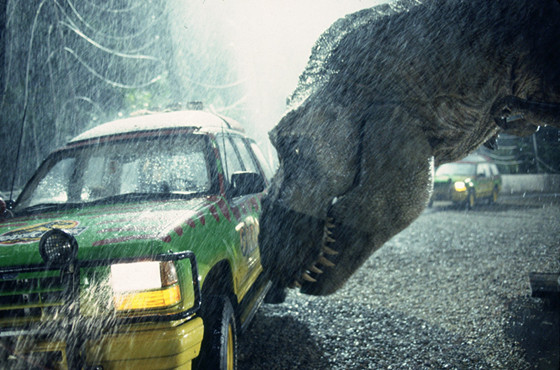
Steven Spielberg’s first outright disaster was “1941” (1979), a cosmically unfunny WWII action comedy that squandered an all-star cast. However, since his last two movies were “Jaws” and “Close Encounters of the Third Kind,” Hollywood let him walk that one off. He responded by directing “Raiders of the Lost Ark” (1981) and “ET” (1982). Besides, as an outright comedy, “1941” fell outside of his wheelhouse, like a BBQ master screwing up sushi.
What few people recall is that while the eighties solidified Spielberg as the king of the industry, producing, if not directing, the biggest hits of the decade, his own movies were a mixed bag, including off-brand excursions like “The Color Purple” (1985), “Empire of the Sun” (1987), and “Always” (1989), a remake of Victor Fleming’s “A Guy Named Joe,” that underperformed, with critics largely panning it.
But when his next picture arrived, it felt different. Even if “Hook” (1990) made a slight profit, audiences and critics were turned off by the tale of a grown-up Peter Pan (Robin Williams) returning to Neverland, which felt both deeply personal and very on brand for Mr. Spielberg. That BBQ master had now botched the brisket. The public backlash didn’t die down so quickly this time, and the chattering class predicted the end of his reign as box office champ.
Three years later, he’d show up with a movie that obliterated any such doubts. “Jurassic Park” would introduce a new generation to his deft mingling of terror and awe, complete with cutting edge special effects that ably brought dinosaurs back to life. Older audiences might have seen it as a more soulless version of his early work, but there was no denying the competence of the feat, as it became the highest-grossing worldwide release at the time. Moments like the ripple of water in a glass to indicate a dinosaur’s approach became pop culture touchstones. And by the end of the year, he did more than merely stage a comeback, he redefined himself with a movie that no one thought he’d even attempt… “Schindler’s List,” which paved the way for his status as our great pop historian now.
2. The Martian (Ridley Scott, 2015)
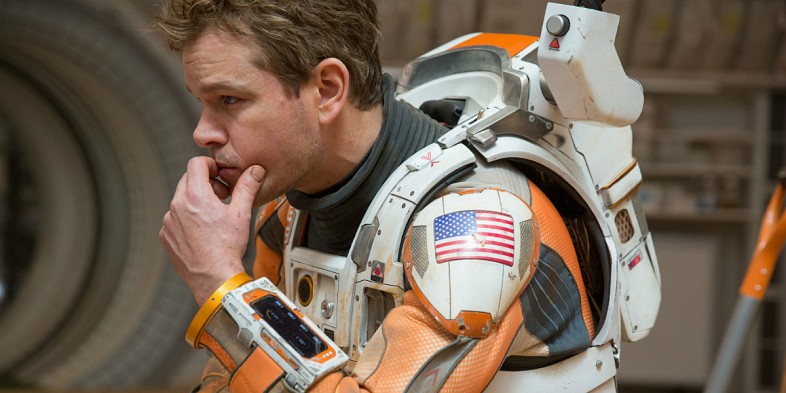
Ridley Scott’s triumphs tend to loom so large that they give him plenty of room to survive any number of lackluster ventures. Even a landmark like “Blade Runner” faltered financially, but its reputation was sufficient to let him stumble again with “Legend” (1986). Eventually, he’d always deliver another outsized hit along the lines of “Thelma & Louise” (1991), or “Gladiator” (2000).
But as the aughts wore on, his more successful endeavors didn’t break out into full-fledged hits, as “American Gangster” (2007) and “Body of Lies” (2008) only did respectable business. His return to the Alien franchise, “Prometheus” (2012), made bank, but was widely unloved. And he followed that with the much reviled “The Counselor” (2013) and the DOA epic, “Exodus: Gods & Kings” (2014). By this time, studios were already retreating from making adult blockbusters and Ridley’s underperforming work seemed to confirm the wisdom of that.
Then the next year, Scott delivered the highest grossing picture of his career with “The Martian.” Matt Damon plays a whip smart astronaut stranded on Mars, who survives by his own ingenuity and gets home with the help of the NASA team back on earth. It’s precisely the kind of classic crowd pleaser that everyone assumes is easy to make, despite how rarely it’s pulled off. Ridley shelved his icy approach and while the set pieces were still immaculately staged, there was a good-natured humor to the whole proceeding. One only hopes Ridley digs himself another hole, to deliver a treat of this caliber.
3. First Reformed (Paul Schrader, 2017)
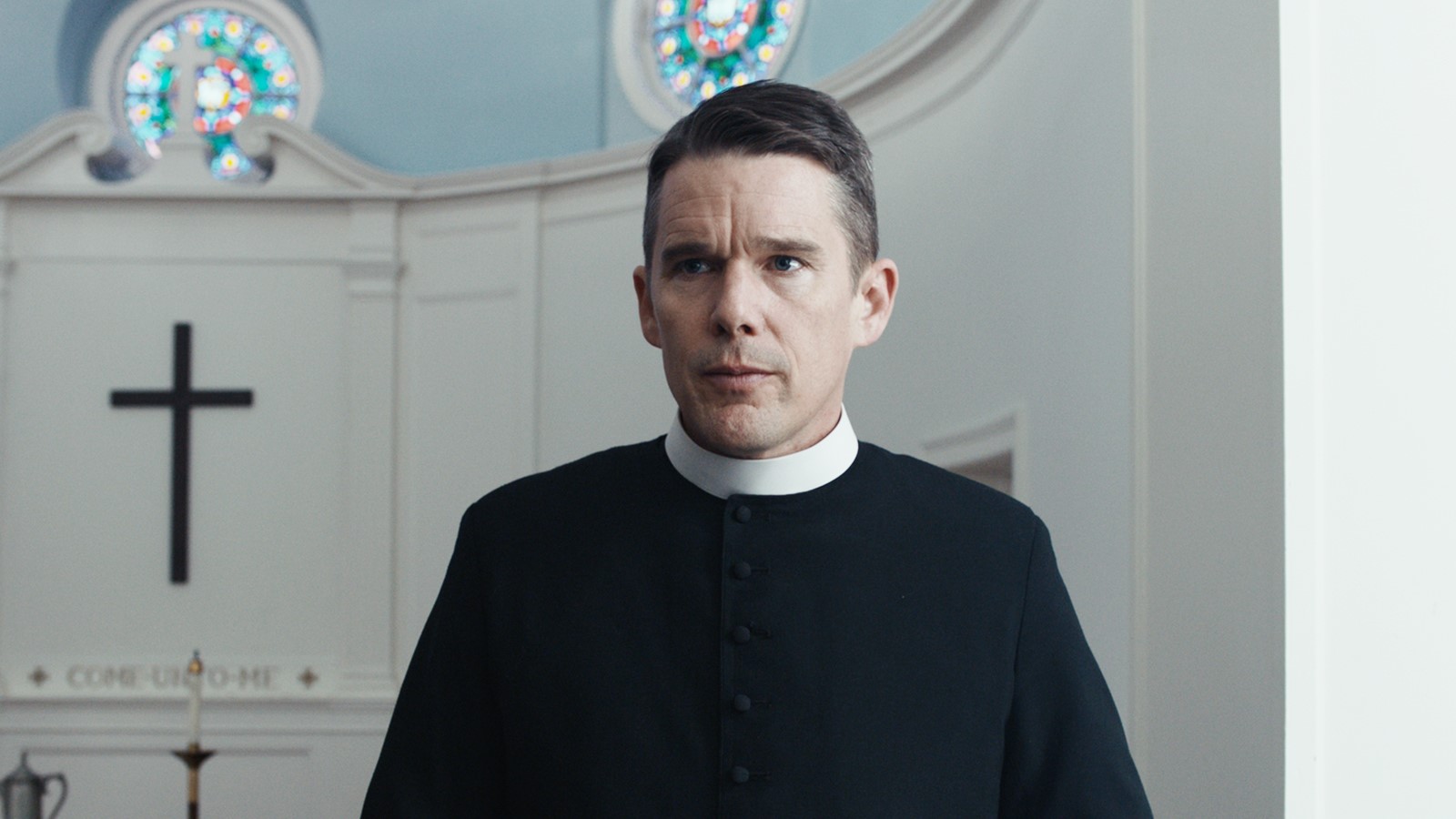
Paul Schrader has always been more than the screenwriter of “Taxi Driver” and “Raging Bull.” For the last forty years, he’s been directing intelligent, soul-searing works that constitute one of the most daring bodies of work of any American filmmaker during the time. Still, “daring” does not seduce studio dollars, no matter how much respect and praise was showered on the likes of “Blue Collar” (1978), “Mishima: A Life in Four Chapters”(1985), and “Affliction” (1997), which got James Coburn a long overdue Oscar for Best Supporting Actor.
Schrader stayed productive, dragging one film after another into being, but over the last decade, financing proved even harder to find, and arthouse audiences lost their appetite for his trademark ambiguity, preferring tales of clearly defined virtue and atrocity where audiences could applaud themselves for their taste and morals. He eventually hit a kind of bottom with “The Canyons,” a crowdfunded collaboration with Bret Easton Ellis and starring Lindsay Lohan that was ignored, dismissed or loathed.
He snapped back with the petulant growl of “Dog Eat Dog” (2016), but its stark gallows humor, hyper violence and unhinged Nicholas Cage performance turned off as many as it turned on. Yet his next picture “First Reformed,” about a priest (Ethan Hawk) wrestling with his faith and our impending climate doom, was an indie smash that took up residence in most critics’ top ten lists of the year. This was no mere return to form, but a rebirth of sorts, with all the energy and bravado of an angry young director’s debut. But newbies don’t have Schrader’s intellectual rigor and canny sense of scene work that makes each beat, each idea, build to a finale that was perhaps the biggest gamble of a career built on them.
4. Bug (William Friedkin, 2006)

William Friedkin’s career first crashed with a movie now considered a classic: “Sorcerer” (1977). It was a sprawling remake of the classic French thriller “The Wages of Fear,” that went way over budget only to be released around the time something called “Star Wars” was devouring the box office. But the man responsible for “The French Connection” and “The Exorcist” still found opportunities, although the likes of “Cruising” (1980) only tarnished his reputation further. He’d have a brief renaissance with “To Live And Die in LA” (1986), only to churn out forgettable studio fare, eventually specializing in pop thrillers for parents, like Rules of Engagement (2000) and The Hunted (2003).
“Bug” (2006) came out of nowhere as a low-budget adaptation of a hit Tracy Letts play, starring Ashley Judd and Michael Shannon as lovers bound and eventually undone by Shannon’s conspiracy-fueled madness. It had the nasty, relentless energy of his best seventies work, with a deliciously unhinged approach. It didn’t set off fireworks at the box office, but it was a reminder of what Friedkin could still do. He confirmed his comeback with his follow-up, “Killer Joe” (2011), another adaptation of a Letts’ play, a lurid masterpiece that swoons and punches like a trailer park de Sade.
5. Before the Devil Knows You’re Dead (Sidney Lumet, 2007)
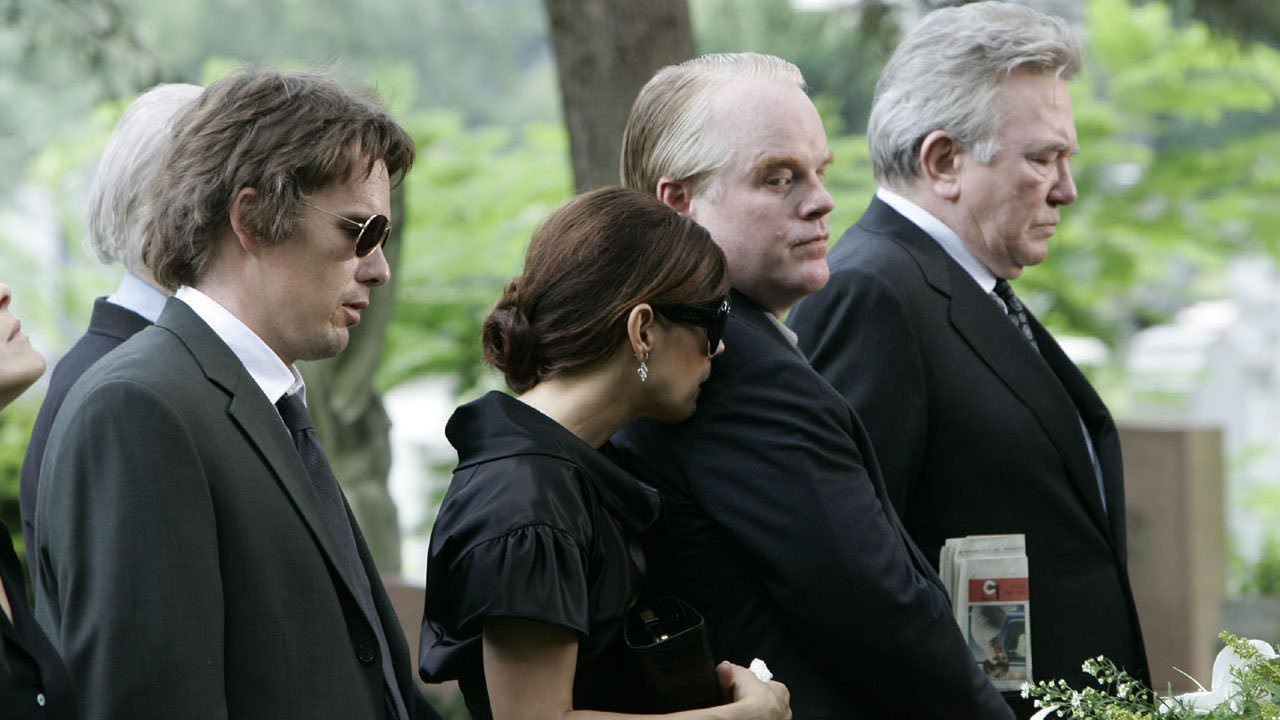
By the end of the 70s, Sidney Lumet’s legacy was so safe that not even a disaster like “The Wiz” (1978) could kill it. He’d work constantly for fifty years, unbound by any genre, although his New York canon, from “12 Angry Men” (1957) through “Serpico” (1973), “Dog Day Afternoon” (1975), “Network” (1976) “Prince of the City” (1981), to “Q&A” (1990) would outshine the rest. Still, by the nineties, he was adrift, directing clunkers like “Guilty As Sin” (1993) or engaging oddities such as “Find Me Guilty” (2006).
Which made “Before the Devil Knows You’re Dead” one of the biggest surprises of Lumet’s storied career. The superb script from Kelly Masterson concerns a pair of whining, craven brothers played by Ethan Hawke and Philip Seymour Hoffman, who plot to rob their own parents’ jewelry store. Lumet deftly handles the movie’s complex chronology, full of flashbacks and flashforwards, playing up the black comedy without minimizing the betrayals.
There’s a simmering rage beneath the picture, an old man’s rebel yell at the world, with all the years of disappointments and regrets behind it. This would be the last movie Lumet would make before passing away, and it plays like a master turning off the lights, and throwing a stick of dynamite over his shoulder as he saunters out the door.